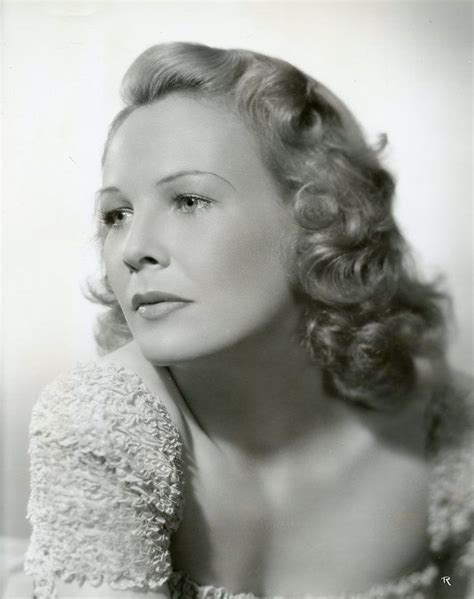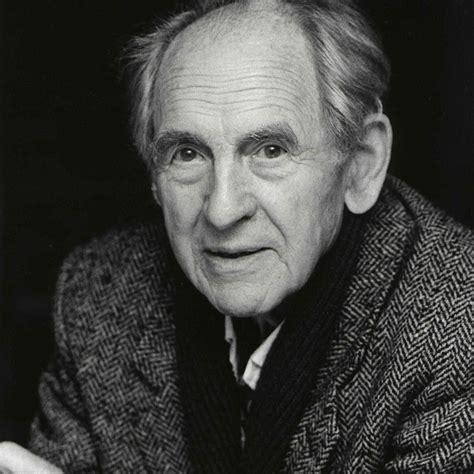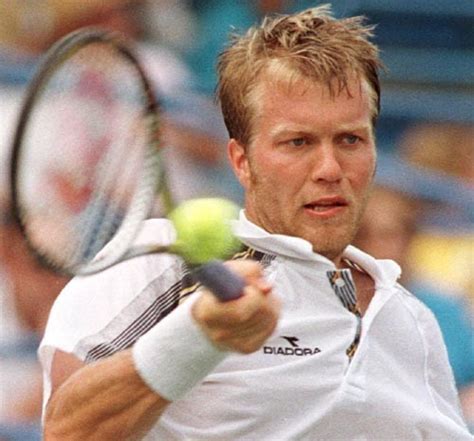A Quote by Norman Vincent Peale
Believe that problems do have answers, that they can be overcome, and that you can solve them.
Related Quotes
And I've come to the place where I believe that there's no way to solve these problems, these issues - there's nothing that we can do that will solve the problems that we have and keep the peace, unless we solve it through God, unless we solve it in being our highest self. And that's a pretty tall order.
Contempt for science could perhaps depend on the fact that, science hasn't been able to solve any of our basic problems, for example the environmental pollution or the problems with HIV and AIDS. This is the worst disease of our time, and scientists are lost. I believe that many people are disappointed with science when the answers we need are not delivered.
Teaching and writing, really, they support and nourish each other, and they foster good thinking. Because when you show up in the classroom, you may have on the mantle of authority, but in fact, you're just a writer helping other writers think through their problems. Your experience with the problems you've tried to solve comes into play in how you try to teach them to solve their problems.
When people come to you with problems or challenges, don't automatically solve them. As a mama bear, you want to take care of your cubs, so you tend to be protective and insulate them against all those things. But if you keep solving problems for your people, they don't learn how to actually solve problems for themselves, and it doesn't scale. Make sure that when people come in with challenges and problems, the first thing you're doing is actually putting it back to them and saying: "What do you think we should do about it? How do you think we should approach this?".






































